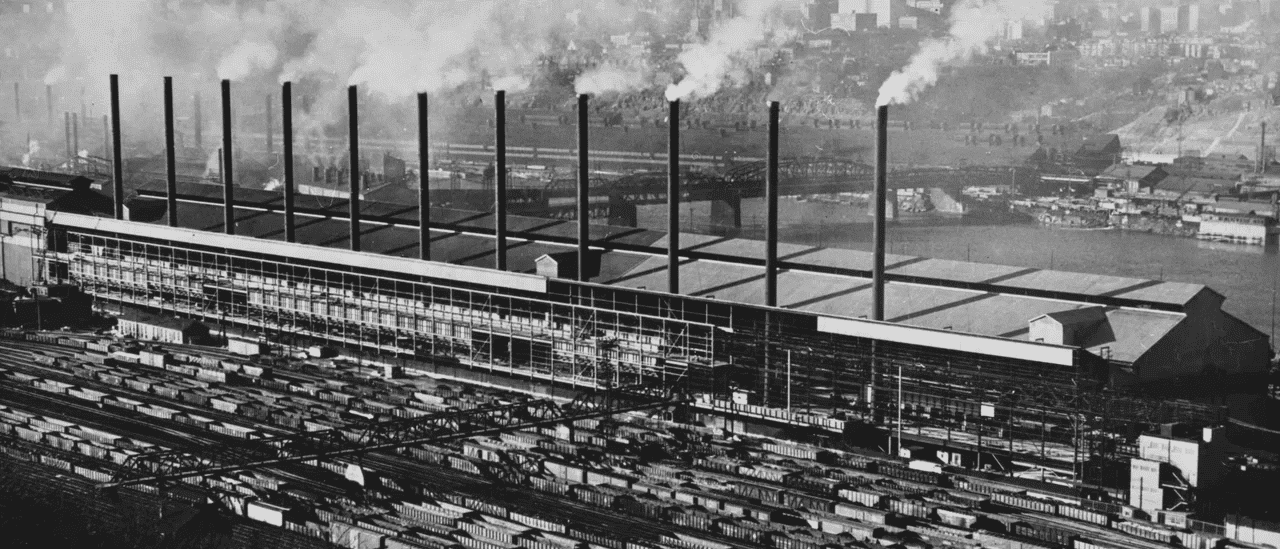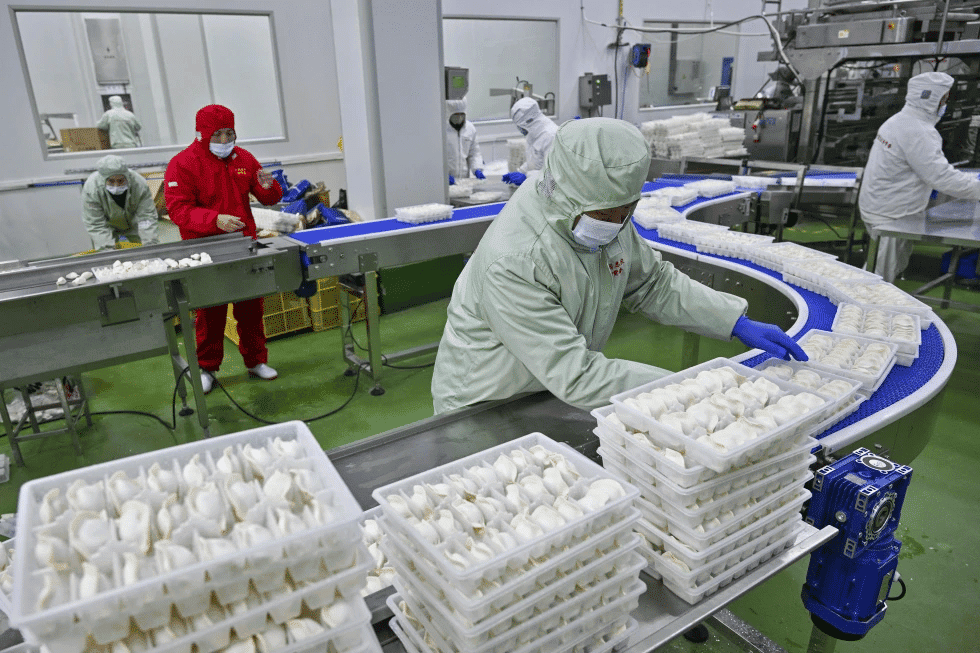
Image Source: Pixabay
A CNC machine operator works with pre-programmed equipment to create materials and products. They translate engineering drawings into dimensions for machining and assess parts for quality control.
They use their knowledge of CAM software daily and stay updated on new tools and machines. Math skills are also helpful for measuring dimensions and assessing part tolerances/quality.
Set Up
A CNC machine takes raw materials and transforms them into finished products. This process involves cutting, grinding, drilling, turning, milling, and shaping the material to meet exact specifications. A CNC operator is the person responsible for setting up and operating the machine that does this work. They also perform a number of other tasks related to the fabrication of metal parts, such as preparing and organizing materials. They also follow all safety protocols while using equipment and ensuring quality requirements are met.
After putting on their safety gear, they arrive at their assigned workstation and review any technical documentation. This can include checking that the machines are set up to meet the correct tolerances for the product. Some parts, like those for the aerospace industry, can have extremely tight tolerances and require extensive verification.
Once they have checked the setup, they load the stock material into the tools and machines that are attached to and controlled by the main CNC machine. They may have to adjust the machine’s settings based on the requirements of the job, and they also input the tooling instructions for each part that is going through the machining process.
Once the machining is complete, they remove the finished product from the machine and perform any required finishing procedures. This can include removing any remaining swarf (metal chips) and confirming that the final piece meets all specifications.
Operate
The job duties of a CNC machine operator focus on operating the machinery that cuts metal and plastic. You may perform regular inspections of the equipment to ensure it functions correctly, as well as lubricate mechanical components and replace worn tools. You must also follow strict safety protocols to prevent injury from working with heavy machinery.
In addition to completing routine maintenance tasks, you use your knowledge of computer-aided manufacturing software and math skills to troubleshoot issues with work orders and quality control. These deduction skills are essential for identifying and resolving problems in the process of making parts that meet precise specifications.
Modern factory machines have more precision than in the past, and a CNC operator has to be attentive to every operation so that the pieces created are of high quality. Your duties also include preparing the materials to be fed into the CNC machines, monitoring progress throughout the machining process and making any adjustments as necessary.
If you want to advance your career in this field, a trade school education or a college degree in engineering, computer programming or tool technology will make you more attractive to employers. You can also gain experience by working as an assistant to a master machinist or a CNC programmer, allowing you to learn the techniques of the profession and advance your own skills.
Maintain
In addition to ensuring machines function at their peak, CNC machine operators develop and deliver reports to their supervisors that communicate how the equipment is performing. They may also collaborate with engineers and mechanics to promote the health of equipment.
Machine maintenance includes a variety of tasks like cleaning the equipment, reapplying and refilling lubricants, inspecting cylinders and spindles for proper alignment, and draining spent oil and recharging the coolant system. It’s important for maintenance professionals to observe the machines on a regular basis to notice problems as they develop and address issues quickly.
Another crucial component of maintenance is listening to the machines. A seasoned maintenance pro knows exactly what a machine should sound like when it’s humming along at full speed, so any odd sounds during a cycle can be an indicator that something is amiss.
In addition to regularly observing the condition of the machines, maintenance professionals must take care to keep their work area clean. Machine debris can cause dangerous situations if it hits other equipment or workers. For example, hardened steel tooling can release incredible amounts of energy if it collides with human bodies or other machinery. This is why a good machine shop maintains a strict code of conduct and has a clear safety protocol in place. This helps prevent injuries and accidents.
Troubleshoot
CNC machines are technological marvels, pivotal in transforming digital designs into tangible products. But like any piece of equipment, they can experience hiccups from time to time. Whether your small business’s machine is chattering or vibrating or simply overheating, troubleshooting these issues is critical for production efficiency and maintaining your CNC’s storied life.
To diagnose a problem, carefully observe the machine and collect as much information about the symptom as possible. This may involve examining error logs or consulting technical documentation, and it can also include conducting tests or reviewing the machine’s setup to pinpoint its origin. Once you’ve identified the source of the issue, implement an appropriate solution. This may involve replacing damaged components, adjusting settings or even reprogramming the machine.
As a cnc machine operator, you must follow a detailed maintenance regime for all of your company’s CNC machines to ensure they function as intended. Dirt and dust can build up on machine parts over time, leading to inaccuracies and other issues such as overheating. Additionally, a lack of lubrication can lead to excessive stress on machinery parts and even motor failures. Keeping up with the maintenance schedule for each machine and regularly inspecting its electrical components can help prevent such problems. Inspect all connections and wires for looseness, and replace or repair any components that are worn out.






























